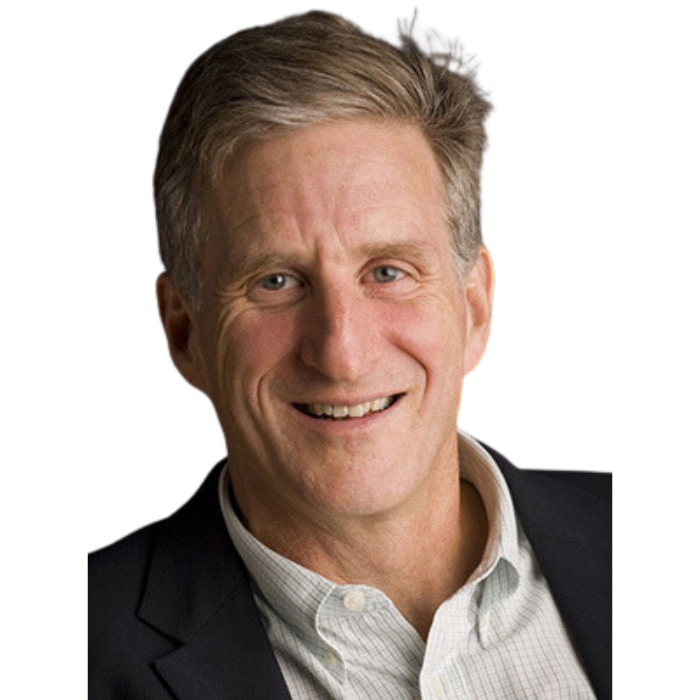
Richard Weissbourd
Harvard Graduate School of Education and Kennedy School of Government
Senior Lecturer
Richard Weissbourd is a Senior Lecturer at the Harvard Graduate School of Education and the Kennedy School of Government. His work focuses on moral development, the nature of hope, vulnerability and resilience in childhood, parenting and effective schools and services for children. He directs the Making Caring Common Project, a national effort to make moral and social development priorities in child-raising and to provide strategies to schools and parents for promoting in children caring, a commitment to justice and other key moral and social capacities. He leads an initiative to reform college admissions, Turning the Tide, which has engaged over 300 college admissions offices. This initiative seeks to elevate ethical character, reduce excessive achievement pressure and increase equity and access in the college admissions process. He is also conducting research on how older adults can better mentor young adults and teenagers in developing caring, ethical, mature romantic relationships.
He is a founder of several interventions for children facing risks, including ReadBoston and WriteBoston, city-wide literacy initiatives led by Mayor Menino. He is also a founder of a pilot school in Boston, the Lee Academy, that begins with children at 3 years old. He has advised on the city, state and federal levels on family policy, parenting and school reform and has written for numerous scholarly and popular publications and blogs, including The New York Times, The Washington Post, The Wall Street Journal, Psychology Today and NPR. He is the author of The Vulnerable Child: What Really Hurts America’s Children and What We Can Do About It (Addison-Wesley, 1996), named by the American School Board Journal as one of the top 10 education books of all time. His most recent book, The Parents We Mean to Be: How Well-Intentioned Adults Undermine Children’s Moral and Emotional Development (Houghton Mifflin 2009), was named by The New Yorker as one of the top 24 books of 2009.